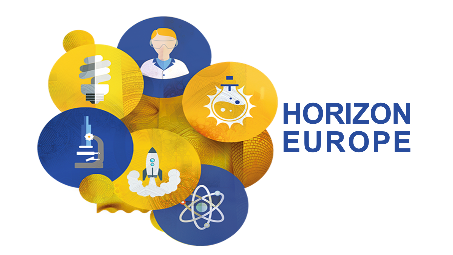(SERENITY) TOWARDS CANCER PATIENT EMPOWERMENT FOR OPTIMAL USE OF ANTITHROMBOTIC THERAPY AT THE END OF LIFE

Project summary
Advance care planning for patients with terminal and life limiting illness has become the standard of care across Europe. One component of this multi-professional process includes rationalisation of pharmacotherapy, including the deprescribing of medicines that are no longer necessary and/or potentially harmful. Despite the fact that antithrombotic therapy (ATT), comprising anticoagulant or antiplatelet agents, has little or even negative effects on cancer patients’ wellbeing, stopping ATT near the end of life is rare in clinical practice. Due to the overall lack of evidence, many healthcare professionals feel uncertain about timing of deprescription of ATT and lack the tools to objectively assess the relevant risks for a given patient, with a tendency to overestimate the risk of cardiovascular complications in the short term and underestimate the risk of bleeding events. Individual expectations of patients may also interact with clinician perception of the benefit of ATT. As a result of this lack of knowledge and tendency to overemphasize the benefits of ATT, it is often reluctantly continued until death or until the patient has to face a major or relevant bleeding complication, possibly contributing to an increased disease burden for patients already experiencing a highly stressful and emotional palliative care period. This clinical practice needs to be revisited, and it is the high ambition of this consortium to provide the much needed evidence to better inform clinicians and patients to improve rational ATT pharmacotherapy in patients with advanced cancer
Impact
The SERENITY intervention will ultimately lead to informed decision making, appropriate (de)prescribing of ATT, prevention of bleeding events, improved QoL for patients and carers, as well as considerable healthcare cost savings. It will reduce the disease burden of hundreds of thousands of people living with cancer and receiving palliative care each year, throughout all regions of the EU, thus underlining the relevance for society at large.
More detailed information
Principal Investigator:
Role Erasmus MC:
Partner
Department:
Hematology
Project website:
Not available
Funding Agency:
Horizon Europe Global Challenges



